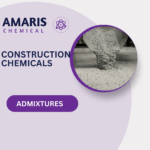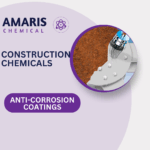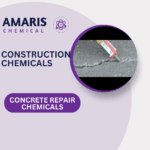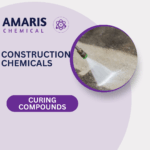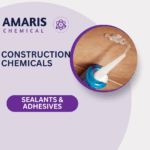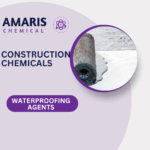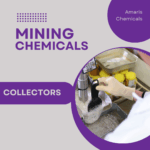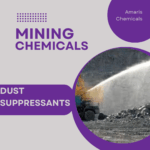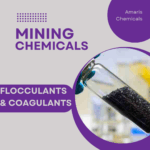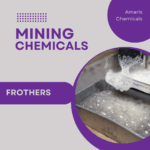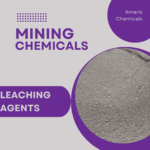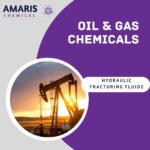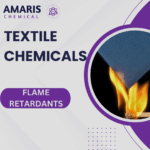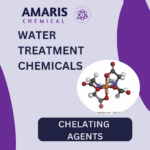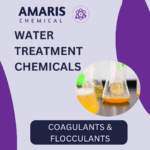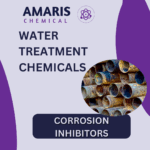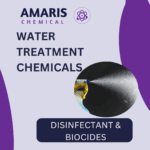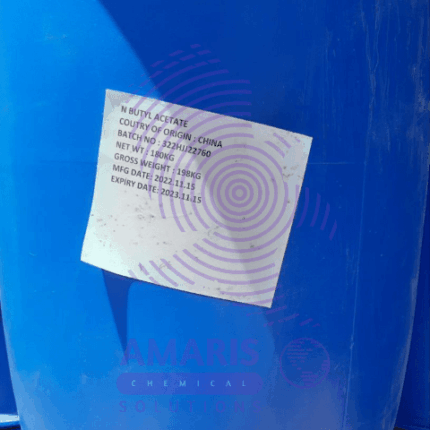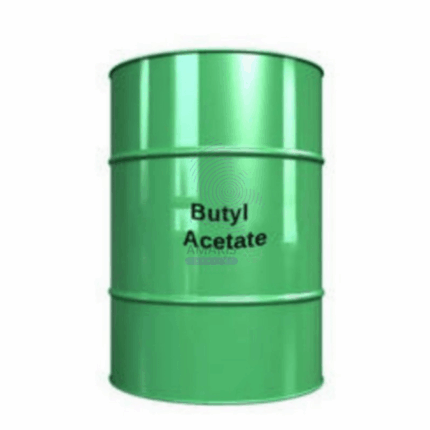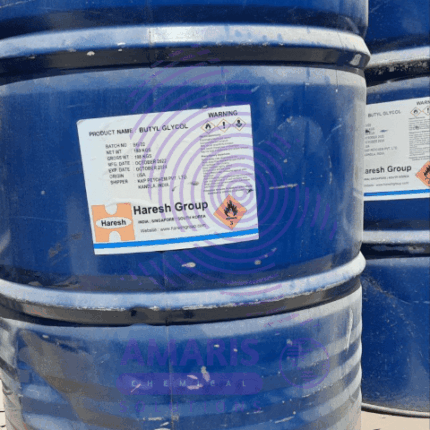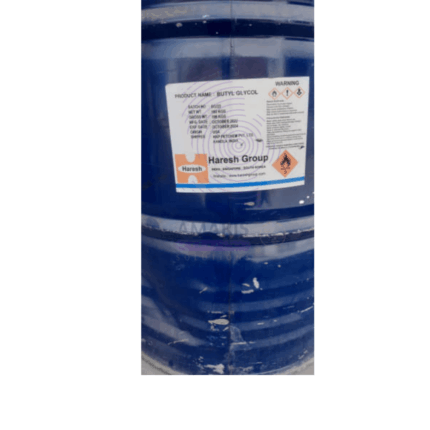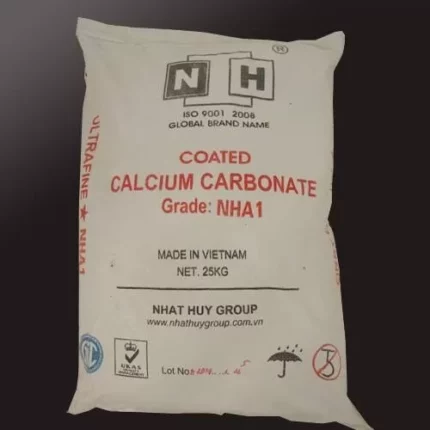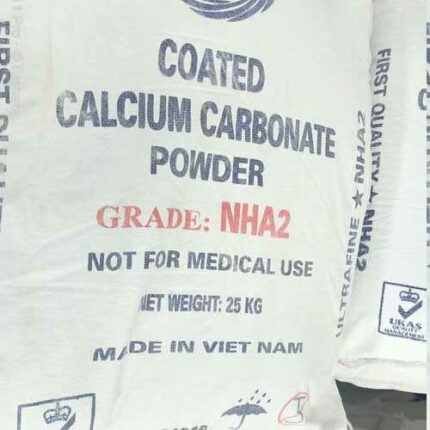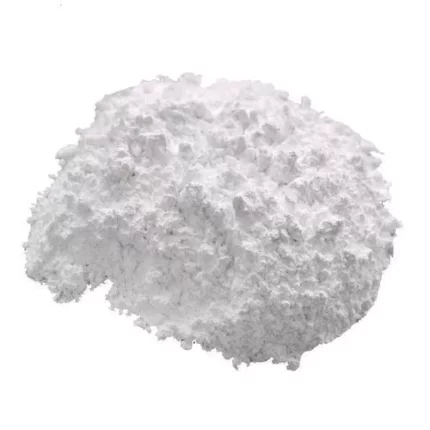Butyl Acetate
Butyl Acetate (n-Butyl Acetate, C₆H₁₂O₂) is a high-performance industrial solvent widely recognized for its excellent solvency, moderate evaporation rate, and pleasant fruity aroma. This clear, flammable liquid is a preferred choice in paints, coatings, and printing inks due to its ability to dissolve resins and polymers effectively while ensuring smooth application and quick drying. Its versatility extends to adhesives, where it enhances bonding strength and drying speed, as well as to the electronics industry, where it serves as a reliable cleaning agent for circuit boards and precision components. Butyl acetate is also valued in pharmaceutical and cosmetic formulations as a flavoring agent and extraction solvent. With its low toxicity and balanced properties, it offers a safer alternative to more aggressive solvents, making it ideal for industrial and commercial applications where both performance and safety are paramount. Proper handling and ventilation are recommended to ensure safe usage.
Butyl Glycol
Butyl Glycol is a versatile, water-miscible solvent known for its strong solvency, balanced evaporation rate, and excellent coupling properties. Widely used in paints, coatings, and cleaning formulations, it enhances product performance by improving flow, gloss, and adhesion while effectively dissolving oils, resins, and greases. Its stability in water-based and solvent-based systems makes it ideal for industrial cleaners, printing inks, metalworking fluids, and adhesives.
With moderate volatility and reliable performance, Butyl Glycol is a preferred choice for manufacturers seeking efficient, multi-purpose solubility. Proper handling is recommended to ensure safe usage
Calcium carbonate (Coated)
Calcium Carbonate (coated) refers to a form of calcium carbonate in which the individual particles of the mineral are coated or encapsulated with a layer of a different material. This layer can be composed of various substances, such as stearic acid, fatty acids, or other polymers. The purpose of the coating is to modify the surface properties of the calcium carbonate particles, such as their hydrophobicity or compatibility with other materials, making them more suitable for specific applications. Coated calcium carbonate is widely used in industries such as plastics, paper, paints, and coatings, where it can improve the properties of the final product, such as brightness, whiteness, and durability.
Calcium Carbonate (uncoated)
Calcium Carbonate (uncoated) refers to a natural mineral substance that is composed of calcium carbonate without any additional coatings or surface treatments. It is a white, powdery material that is commonly used in various industrial applications, including the manufacture of paper, paints, plastics, and rubber products, as well as in construction, agriculture, and the food and pharmaceutical industries. Uncoated calcium carbonate is typically mined from natural deposits of limestone or chalk and is often ground into fine particles to achieve the desired particle size and purity for specific applications



 LABORATORY EQUIPMENT & APPARATUS
LABORATORY EQUIPMENT & APPARATUS
 Fertilizers
Fertilizers Plant Growth Regulators
Plant Growth Regulators Soil Conditioners
Soil Conditioners Animal Feed Additives
Animal Feed Additives Biostimulants
Biostimulants Dough Conditioners
Dough Conditioners Flour Treatments
Flour Treatments Fat Replacers
Fat Replacers Preservatives (baking)
Preservatives (baking)
 Surfactants (cleaning)
Surfactants (cleaning) Builders
Builders Bleaching Agents
Bleaching Agents Enzymes
Enzymes Solvents (cleaning)
Solvents (cleaning) Fragrances
Fragrances




